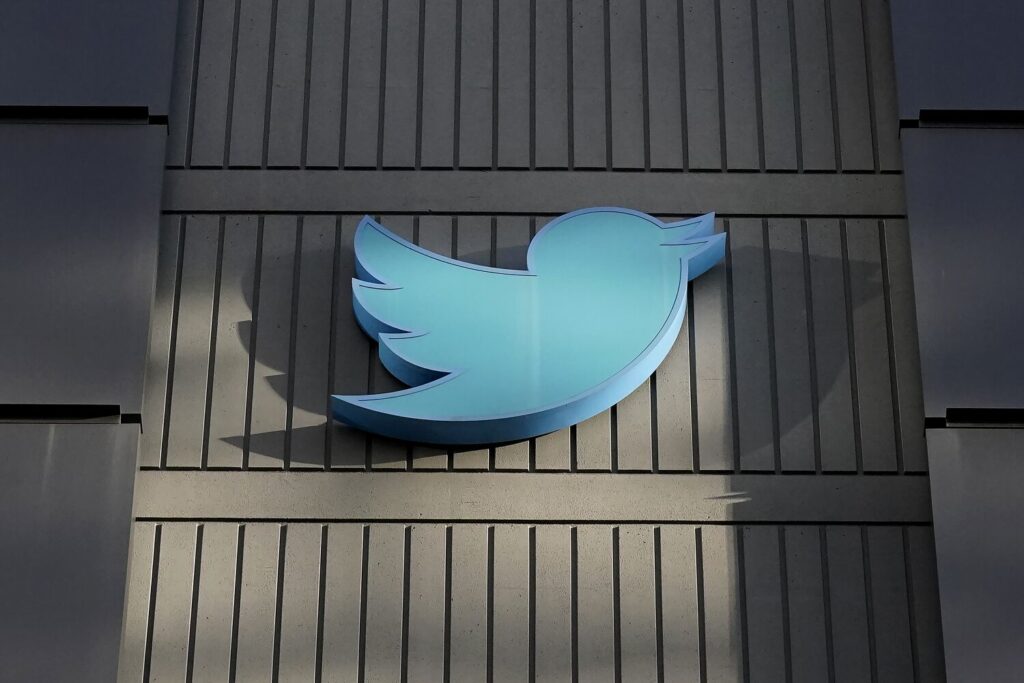After months of waiting, hundreds of Twitter employees laid off by Elon Musk in early November received their separation agreements by email Saturday morning.
The agreements offered one month of severance pay, but with a major catch — employees must sign away their right to ever sue the company, assist anyone in a legal case against the company unless required by law, or speak negatively about Twitter, its management or Elon Musk.
More striking is what the document omitted, said one former engineering manager who was laid off Nov. 4. The separation agreement does not include year-end bonuses, cash contribution for healthcare continuation, additional severance based on tenure, or the cash value of restricted stock units that are typically vested every quarter. These were all part of Twitter’s general severance package prior to Musk’s acquisition of the company in October, according to a previous companywide email.
After opening the agreement, the manager said he immediately knew he was going to pursue legal action. So did many others in former employee groups in which he participates.
“There’s a lot of sentiment that Twitter did us wrong,” he said. “We don’t want to give them any free passes on anything.”
Lisa Bloom, a lawyer who already has filed arbitration claims against Musk on behalf of several laid-off employees, called the terms in the separation agreement “pretty disturbing.”
Not only are former employees barred from voluntarily assisting in legal cases against the company, they also must assist and cooperate with Twitter in any kind of investigation or lawsuit against the company.
Although they can still testify in cases under subpoena or court order, this clause can make it difficult to gather witnesses, said Shannon Liss-Riordan, a labor lawyer representing plaintiffs in three pending class-action lawsuits against the company.
Signees also cede their right to any payout in these class actions, which are listed along with Liss-Riordan’s contact information. (A San Francisco judge ruled in December that Twitter had to acknowledge these suits in its severance letters.)
Twitter has moved to block former employees who signed arbitration agreements when they were hired from being able to benefit from these class-action suits. A federal judge will make a decision on the motion Thursday, Liss-Riordan said.
Liss-Riordan said her firm filed an additional 100 arbitration claims against Twitter on Monday, bringing the total to 300, with many workers reaching out since the separation agreements were sent out. With so many claims against the company, Liss-Riordan said it’s likely that many of them will be resolved without going through the actual arbitration process for each individual case, which could take years.
Twitter, which no longer has a formal communications team, could not be reached for comment.
Another employee, a former product designer, said they ultimately signed the severance contract for personal reasons.
The offer, a copy of which The Times reviewed, states that the designer will be paid $17,250 in severance pay (minus withholdings, deductions and debts). Other employees have reportedly been offered the same amount.
However, that number gets slashed to $500 if the laid-off employee resigns, obtains another job at Twitter or gets fired for cause — such as violating the agreement — before their separation date.
“Twitter has also been sloppy with some details around this,” the laid-off designer said in an email. “Not everyone received it, and many people had wrong dates.”
For many, the separation agreement landed in their spam folders, increasing the initial confusion when they were first sent out. It also came from twitterseparation@cptgroup.com — an email sender no one recognized. (CPT Group is an Irvine-based firm that provides class-action settlement administrator services.)
The former engineering manager said some other ousted Twitter employees were able to confirm with what remains of Twitter’s HR department that the emails were legitimate.
Many employees whose roles were cut, including the designer, who was laid off in early November, have remained in a liminal state of “nonactive” employment since then: technically still part of the company and getting paid accordingly, but with no work to do or access to internal software. Although Musk’s reason for this has remained unclear, it’s probably an effort to comply with the Worker Adjustment and Retraining Notification Act, a federal law requiring a 60-day notice period when companies make big cuts.
“Employees were [given few] details about the conditions of the ‘nonactive’ workforce,” wrote the outgoing designer, who will officially stop being employed Feb. 2. “Twitter never informed people that they were able to do other professional activities during this period of time. That says something about the lack of communication and how it can affect people who are looking for a new job.”
Twitter employees have been concerned about severance agreements long before layoffs began roiling the tech industry, affecting Lyft, Facebook and other companies. The state of the tech job market has meant a slow job search process for many ex-Twitter employees.
“I 100% would rather be interviewing right now than talking to lawyers,” the former engineering manager said. “There was always the hope … that Twitter would reconsider and be more generous, but clearly they did not choose that option.”

